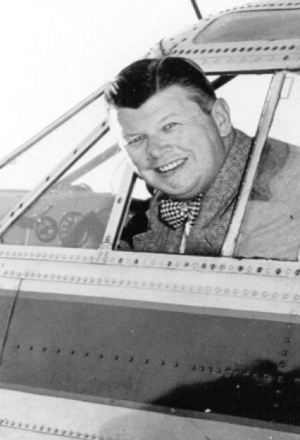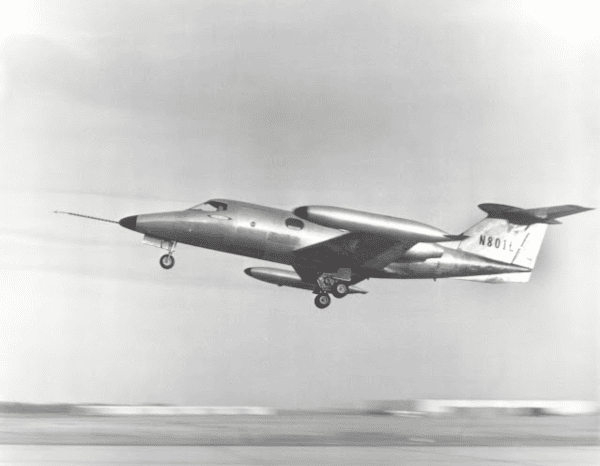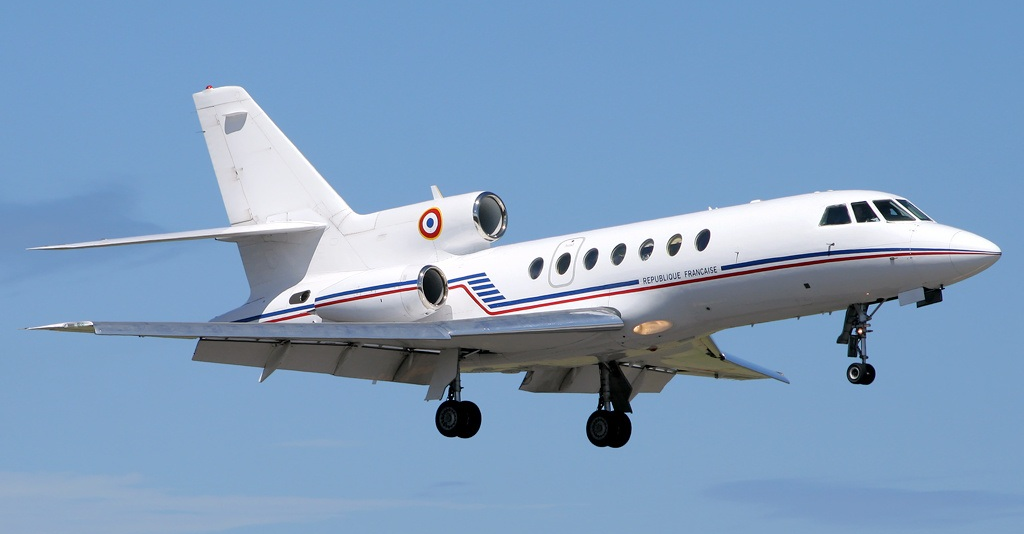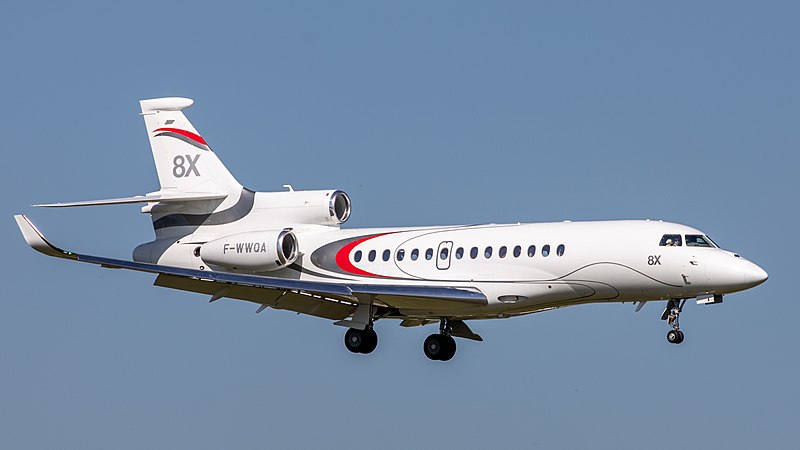In 2021 Bombardier bid farewell to a legendary aircraft brand, the Learjet. The Learjet, a pioneer of luxury and speed since 1963, flew its final flight, marking the end of an era in the aviation industry. This decision made public in February 2021, had profound implications for the aviation market and Bombardier's strategic focus. As the final Learjet 75 was delivered in March 2022, it closed a glorious 60-year history of the Learjet series.
The Legacy of Learjet
Learjets have been synonymous with luxury, speed, and prestige in the business jet market for decades. The iconic brand has left a lasting mark on the business aviation world, captivating aviation enthusiasts and customers with its high performance and exclusivity. The end of Learjet production evoked a sense of sentimentality, bidding farewell to an aviation icon that held a special place in the hearts of many.
Bill Lear: A Visionary Figure
Bill Lear, the founder of Learjet, was a pioneering and visionary figure in the aviation industry. Born on June 26, 1902, in Hannibal, Missouri, William Powell Lear was a remarkable inventor, entrepreneur, and businessman. He is best known for founding the Learjet Corporation, which revolutionized the world of business aviation.
Bill Lear's journey in aviation began in the early 1930s when he co-founded the LearAvia Corporation, which focused on manufacturing radio direction finders and aviation instruments. Over the years, Lear filed numerous patents for aircraft communication and navigation systems innovations, earning him a reputation as a forward-thinking engineer.
In the 1950s, Lear founded the Swiss American Aviation Corporation, later known as Learjet Corporation. He aimed to create a business jet to meet the demands of corporate executives and wealthy individuals seeking faster and more efficient travel. Lear envisioned a small, fast, and luxurious aircraft that could bypass congested commercial airports and offer unprecedented comfort and speed.
The Birth of Learjet
The Learjet 23, introduced in October 1963, was the world's first mass-produced business jet and marked the birth of the Learjet brand. It was a game-changer in the business aviation world, offering unmatched performance with a top speed of over 500 mph and the ability to climb to 45,000 feet in just 14 minutes.
Bill Lear's relentless pursuit of innovation and passion for aviation left an indelible mark on the industry. His achievements transformed how people traveled and inspired future generations of inventors, engineers, and entrepreneurs to push the boundaries of technology and explore new frontiers.
Bombardier's Strategic Shift
Bombardier's decision to discontinue Learjet production was not arbitrary but a strategic move to realign the company's focus. The manufacturer aimed to concentrate more on its profitable Challenger and Global aircraft families, which consistently demonstrated higher financial returns. This strategic shift was crucial to positioning Bombardier for sustainable growth and enhancing its market presence in an ever-evolving industry.
At the heart of the decision lay a need for cost reduction and streamlining operations. Bombardier sought to reduce costs by $400 million annually, concentrating its resources on its more successful product lines. Such cost-saving measures ensured the company's financial stability and competitiveness, especially in an increasingly challenging market.
The Changing Competitive Landscape
The aviation industry's landscape had undergone a metamorphosis, and the light jet segment, where Learjets operated, was no exception. The fierce competition led to low production rates for the Learjet 75 Liberty, ultimately challenging the brand's market position. With Bombardier stepping away from this segment, competitors saw a window of opportunity to strengthen their positions. This shift in the competitive landscape could lead to more innovative marketing strategies and product offerings from rival manufacturers vying for the market share once occupied by Learjet.
Impact on Customers and Operators
The impact of Bombardier's decision extended beyond the company itself. Customers and operators loyal to the Learjet brand were contemplating alternative options for future jet purchases. This shift in customer behavior subsequently influenced the decisions of other manufacturers catering to the light jet segment as they strived to meet the evolving needs and expectations of discerning buyers.
Embracing Technological Advancements
Bombardier's decision was not merely an isolated event in the industry; it signified a broader transformation. The aviation industry embraced advancements in electric propulsion, autonomous flight, and sustainable fuel. As the industry geared towards more efficient and technologically advanced aircraft, Bombardier's decision aligned the company with the ongoing revolution in aviation.
Challenges and Impact
Nevertheless, the demise of the Learjet brand did not come without its challenges. The decision led to job cuts and plant closures, as Bombardier aimed to streamline operations and improve financial stability. Such impacts on the workforce and communities underscored the weight of strategic decisions in the aviation industry.
Adapting for Future Success
Bombardier's move to end the production of Learjets served as a potent reminder of the importance of adaptability and strategic foresight in an ever-changing industry. The decision paved the way for a future where innovation, customer-centricity, and positioning for success were essential for manufacturers to thrive in the aviation landscape.
As the industry continued to evolve, Bombardier's decision was a testament to its determination to become a pure-play business jet manufacturer. Bombardier aimed to consolidate its market presence and maximize profitability by focusing on its Challenger and Global aircraft families.
The end of Learjet production marks the closing of a remarkable chapter in aviation history. Still, it symbolizes the beginning of an exciting future where innovation, efficiency, and environmental responsibility are paramount. Bombardier's decision to bid farewell to Learjet demonstrates the company's commitment to adaptability and positioning for future success in an ever-changing industry. As the aviation industry continues to evolve, the legacy of Bill Lear and the Learjet brand will endure, inspiring manufacturers to explore new horizons and create aircraft that shape the future of flight.


